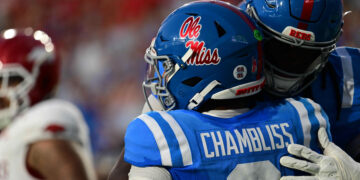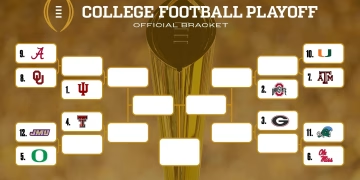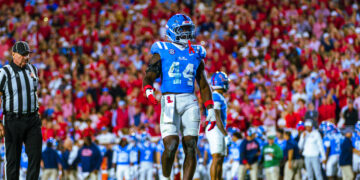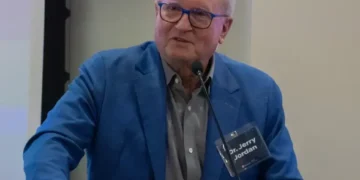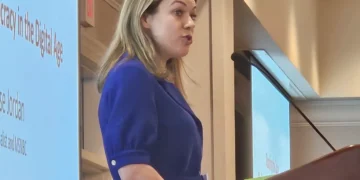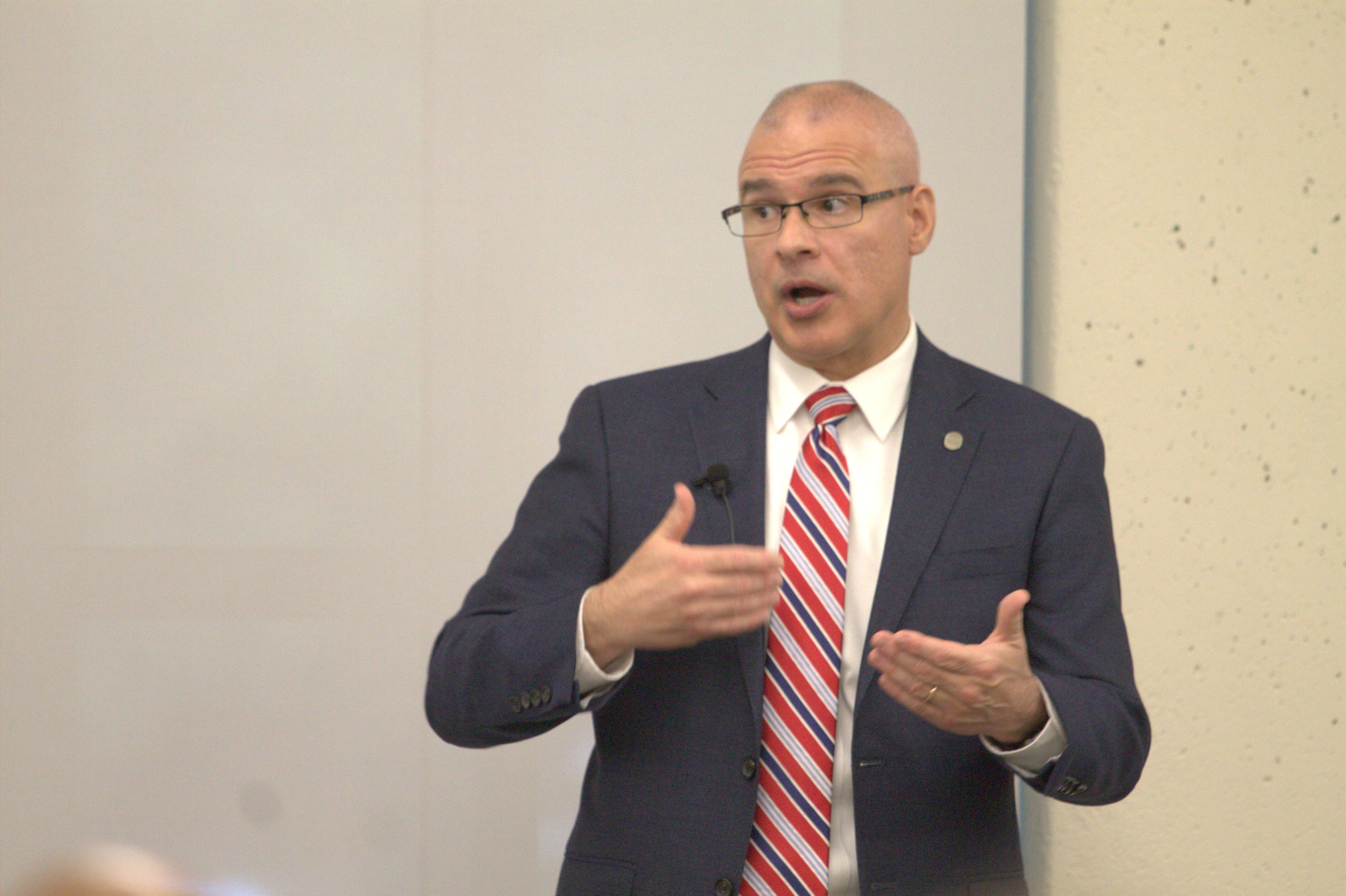
Diversity training for all Greek students, transparency about efforts to relocate the Confederate statue and bringing in speakers to talk about the UM Creed were some of the many commitments that Provost Noel Wilkin made to faculty and students Thursday afternoon at the Provost Forum on recommendations made in response to bias incidents on campus.
Wilkin held the Provost Forum in response to calls to action from the UM community after a photo of university students in front of a bullet-riddled Emmett Till memorial surfaced and UM student Ally Kostial was murdered. Members of the campus community made over 40 recommendations for policy changes and strategies.
Katrina Caldwell, the vice chancellor for diversity and community engagement, gave a presentation explaining the Bias Incident Response Team’s (BIRT) process for reviewing incidents and recommendations and changes that are being made.
BIRT received 31 bias incidents reports in the 2018-2019 school year. The main locations that bias incidents are reported from are residence halls, social media and academic buildings.
When a bias incident report is filed, it is sent to the BIRT co-chairs who forward the report to the University Police Department, the Equal Opportunity and Regulatory Compliance office and the Student Conduct office to determine if a law was broken or if faculty or students violated university policy.
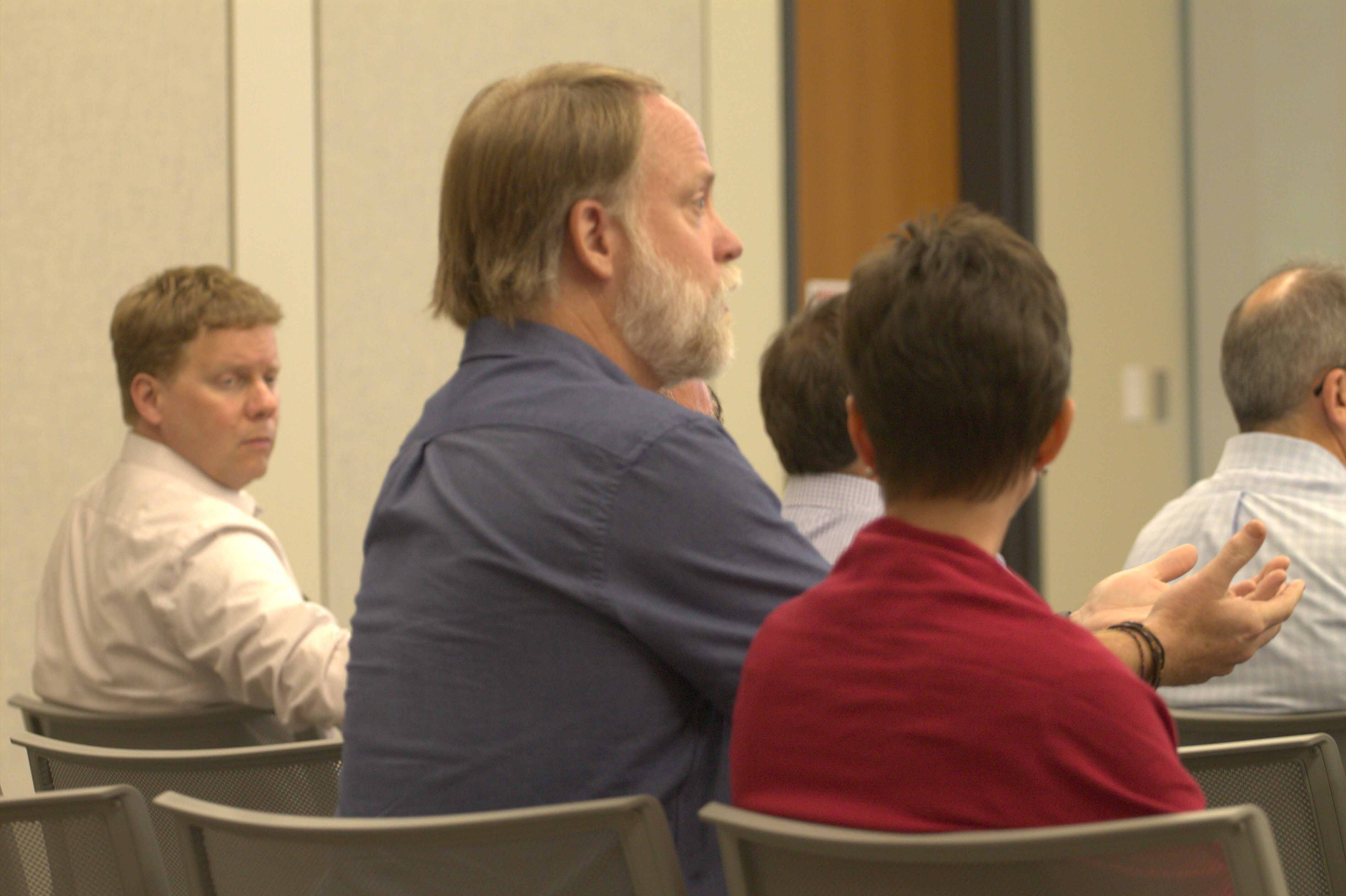
If each department determines that no laws or policies were violated, the report is sent back to BIRT, who reaches out to the alleged party with an educational opportunity. When a policy is violated, students are forced to comply with university conduct procedures, but educational opportunities imposed by BIRT are not mandatory.
Caldwell said that even though educational opportunities are not mandatory, most students participate because they understand the harm they have caused.
After a photo of university students posed in front of a bullet-riddled Emmett Till memorial was reported to BIRT in March and rose to public attention in July, Interim Chancellor Larry Sparks released a statement that said the university had mishandled its investigation of the photo.
Caldwell said the report was given to UPD, but never “looped back” through the larger team.
BIRT is now recommending that every bias incident report that is submitted to be sent to senior leadership before it is sent through the BIRT process so that they will be aware if it becomes hung-up along the way.
“I want to make it clear that our senior leadership, other than me, did not know about this photo until July,” Caldwell said.
Other proposed changes to the BIRT process were giving the entire BIRT team a summary of the report and the action that was taken upon conclusion and alerting the community through a REBALERT-like system when applicable.
The Black Student Union and the Associated Student Body released a joint statement on July 26 that gave the university a 90-day deadline to “hold all members of the UM community accountable to the UM Creed by implementing it as an actionable plan and aligning it when situations arise.”
Wilkin said that the UM Creed is not currently actionable and that the university community needs to participate in discussions so that people understand what is and isn’t actionable in terms of policy.
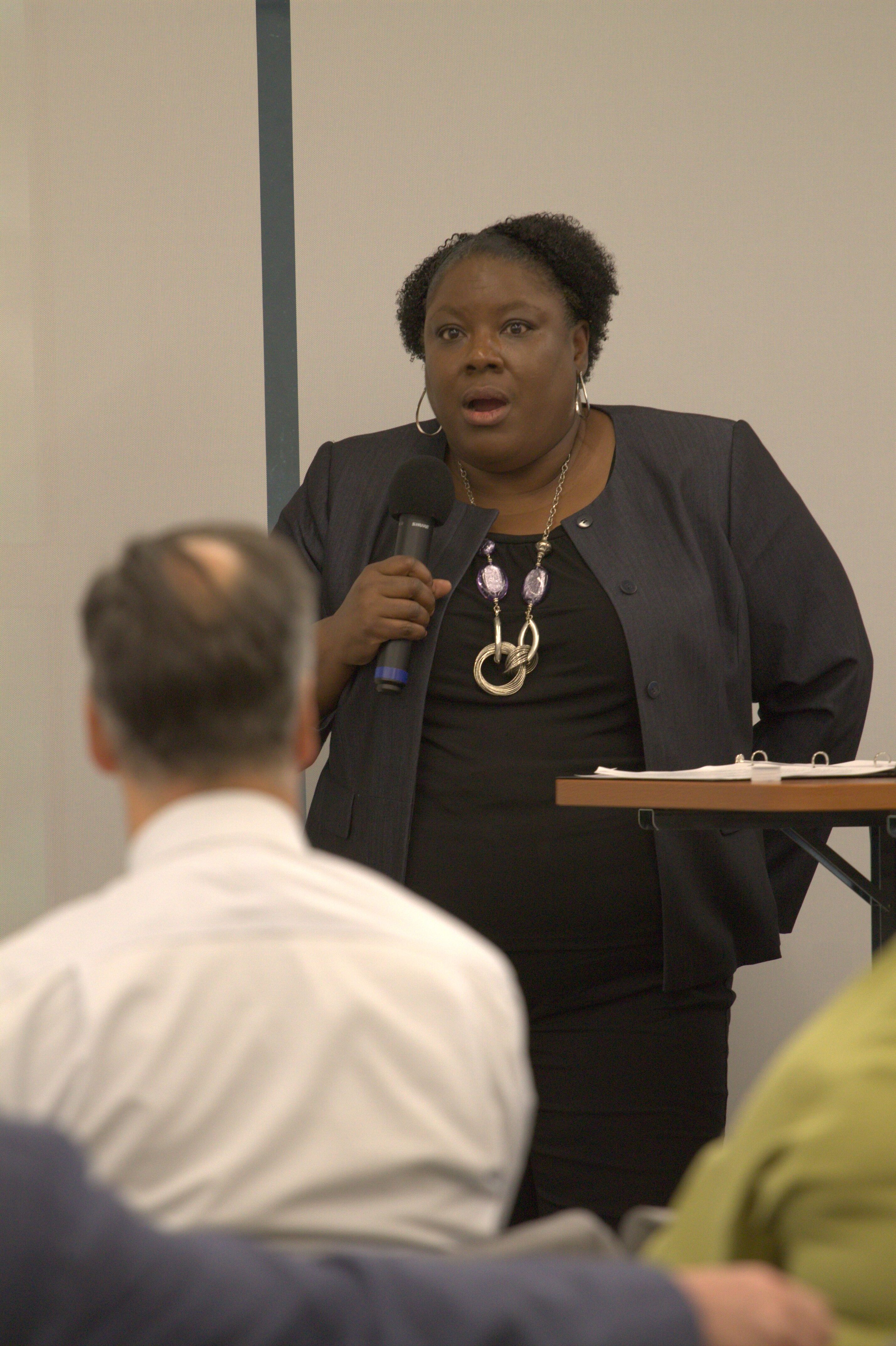
“The Creed is something that we as a campus implemented to encourage people to behave in a way that we know results in a civilized community,” Wilkin said. “The reality of that is, it’s currently stated as a voluntary commitment. If you look at various entities that talk about campus speech codes and other things, there’s some very clear guidance out there as it relates to the people’s First Amendment right.”
Wilkin said that collective misunderstanding of the Creed’s enforceability could cause the community to be disappointed when situations like the Emmett Till marker photo arise and more work needs to be done to ensure that people understand that the Creed’s enforceability.
“Then there’s this missed expectation, if you will, or this lack of followthrough from their perspective and instead of us wrestling with it and coming to a collective understanding as a community guided by experts, and that’s going to help us get to a much better place, so we understand what to expect when that happens,” Wilkin said.
The university also committed to requiring all students who go through Greek recruitment to participate in anti-racism, anti-sexism and anti-discrimination training each year.
Some of the policy changes listed in the presentation were discussing policy with stakeholders and bringing in speakers to talk about the Creed, Honor Code, campus speech policies, academic freedom and free speech.
Wilkin said in the presentation that Kappa Alpha, the fraternity that some of its members in the Emmett Till photo belonged to, has agreed to “piloting a diversity, equity and inclusion program through national headquarters.”
“We are working with (Director of Fraternal Leadership and Learning, Arthur Doctor) who works with the Greek system and he’s working to implement diversity training modules for people who go through recruitment and for the entire Greek system,” Wilkin said. “The KAs are in discussion with them about education for their chapter and what they plan to do in response to this particular incident.”
School administrators are taking recommendation to the General Education Committee on Sept. 23 for a diversity course.
Wilkin ended the forum by reading the last passage from Microaggressions at the University of Mississippi, a report about bias and microaggressions on campus released by four university professors last fall. Wilkin apologized for not being more proactive when the report was released and committed to “creating a framework for continuous improvement and academic excellence.”
“This is not the end of the conversation,” Wilkin said “This is the beginning of a conversation that will continue once a new chancellor comes to our community.”













